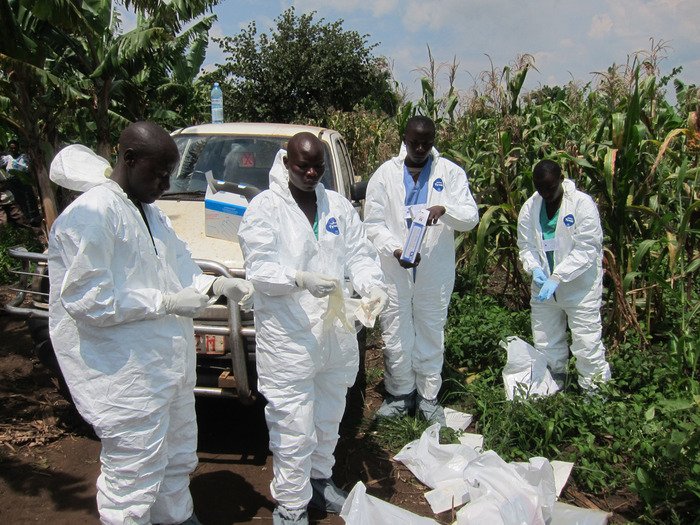ATLANTA, Jan. 31 (UPI) -- The United States is safer if it works with countries to fight infectious diseases because nations are connected by food and drinking water, officials say.
Dr. Tom Frieden, director of the Centers for Disease Control and Prevention, said global health security -- keeping the United States and the world safe and secure from infectious disease threats -- is achieved by preventing, detecting and responding to outbreaks as early and effectively as possible.















